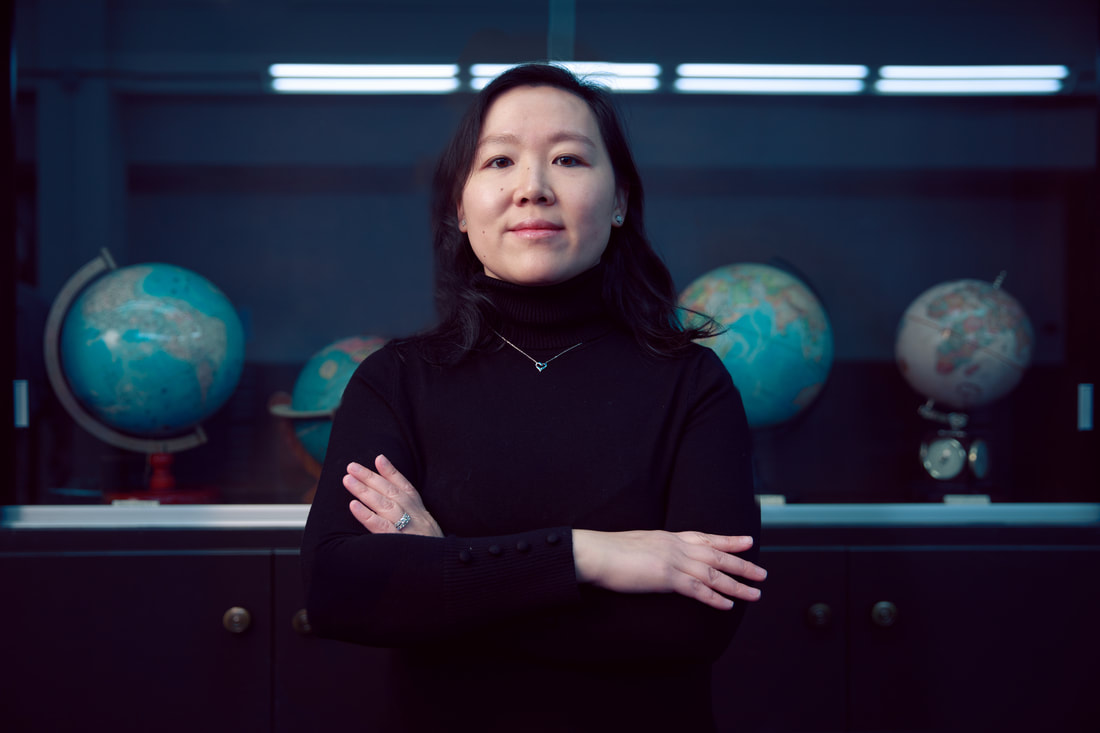|
It is a lot of fun to read Michael Lewis's new book on the collaboration and friendship between Danniel Kahneman and Amos Tversky.
Kahneman is portrayed as an "outsider." Before he met Tversky, according to former colleagues and students, "he was very insecure," "he was moody in the extreme," and "he was like Woody Allen, without the humor." His deep-rooted skepticism even applies to himself. After completing the draft of his now best-seller "Thinking, fast and slow," he hired someone to read his work to convince him not to publish it. Tversky, on the other hand, was an "insider." One of his long-time friends described, "people who knew Amos could talk of nothing else. There was nothing we liked to do more than to get together and talk about him, over and over and over." He was the center of attention in every party. People loved to be around him and listen to what he had to say. Yet, these two strikingly different characters and similarly remarkable minds met and formed a friendship that has fundamentally transformed how we view our own minds. After Tversky gave his talk on the "conservative Bayesians" in Kahneman's seminar, Kahneman immediately casted doubt on this notion that we are naturally Bayesian thinkers who constantly update our own beliefs with new pieces of information coming in. Kahneman's reaction to Tversky's talk, "Brilliant talk, but I don't believe a word of it," really unsettled this otherwise confident, smartest person in any room. The two then set off on an intellectual journey to study "natural stupidity." Now, we know our minds are subject to many biases and heuristics, or mental shortcuts. We hate losses more than we like gains.
1 Comment
12/10/2016 0 Comments Scientists' petitionConfronted with the daunting challenge posed by climate change, the political climate seems to be on the path to drive the real climate even weirder. Over 800 earth scientists and energy experts have signed an open letter to the president-elect urging him to "take immediate and sustained action against human-caused climate change." Specifically, they suggested the president-elect take six steps:
"1. Make America a clean energy leader. 2. Reduce carbon pollution and America’s dependence on fossil fuels. 3. Enhance America’s climate preparedness and resilience. 4. Publicly acknowledge that climate change is a real, human-caused, and urgent threat. 5.Protect scientific integrity in policymaking. 6. Uphold America's commitment to the Paris Climate Agreement." 12/6/2016 0 Comments All eyes on citiesNow that the national effort to curb carbon emission may stall, all eyes are on cities. Cities are both major contributors to CO2 emission and in the front line to face the dire consequences of climate change since "90 percent of urban areas in the world are coastal." Coastal areas are under imminent threats of sea level rise, flooding, storm surge, etc. This actually creates a situation to avoid the tragedy of the commons. Big cities around the world like the C40 group have already started making serious attempts to cut carbon emission, which gives us hope that the daunting global problem can find a local solution.
12/2/2016 1 Comment An increasing trend of tornado outbreaks in the U.S. : is climate change to blame?Researchers from Columbia University have identified a clear upward trend of tornado outbreaks in the U.S. When it comes to the contributor of this increasing trend, not so clear, though. Theoretically, an unstable atmosphere in a changing climate should give birth to more severe storms. However, this study, based on extreme value analyses, has not been able to "associate the observed changes in our environmental proxy, and by extension the changes in tornado outbreak statistics, with previously identified features of a warmer climate." The authors also cautioned, "this conclusion is, of course, subject to revision by the discovery of other implications of a warmer climate for severe thunderstorm environments."
|
|


 RSS Feed
RSS Feed